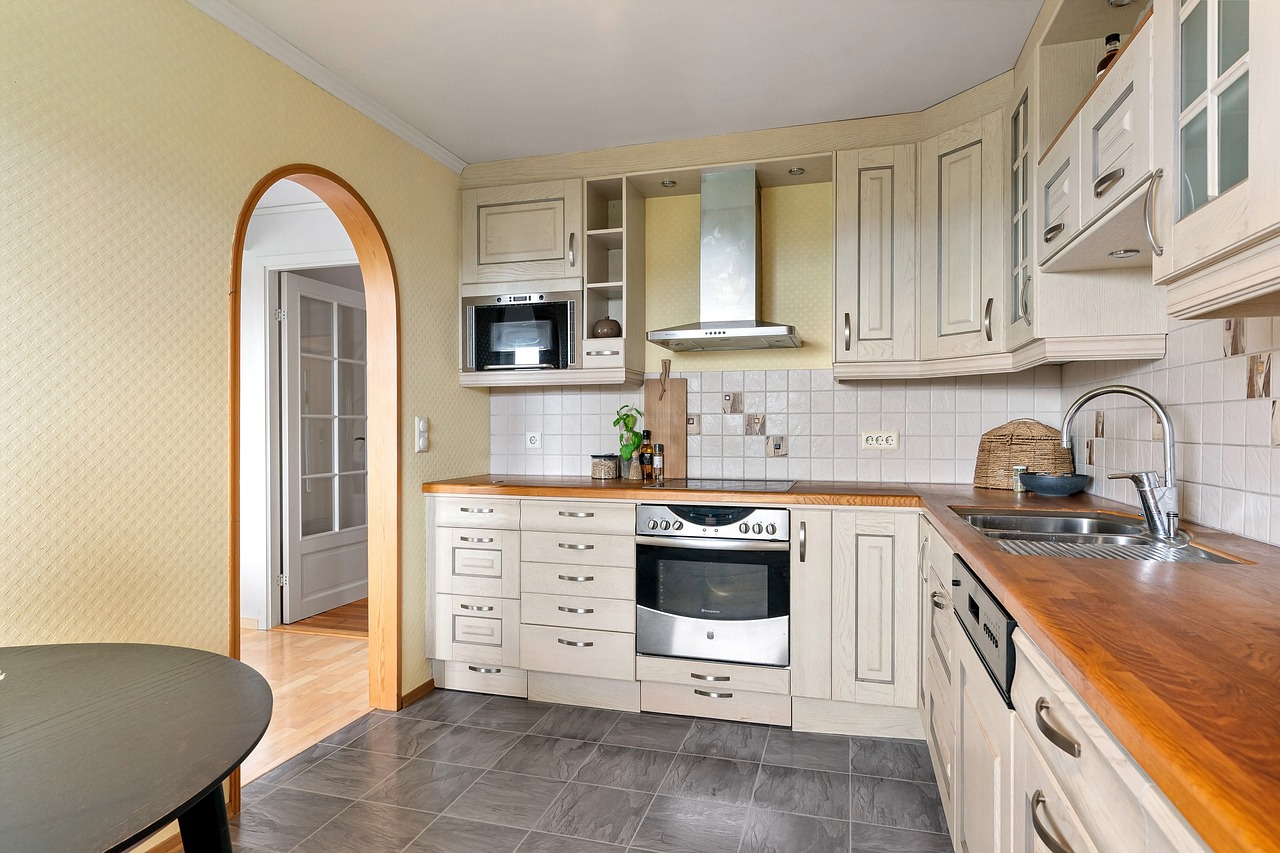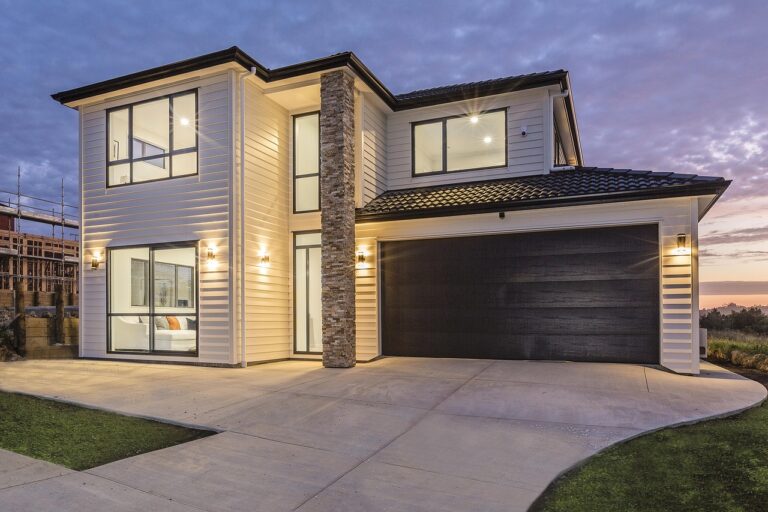The Impact of Wireless Home Automation Systems: Allexchbet. Com, 99 exchange, Allpanel
allexchbet. com, 99 exchange, allpanel: The Impact of Wireless Home Automation Systems
In today’s fast-paced world, technology has become an integral part of our daily lives. From smartphones to smart homes, we are constantly surrounded by innovative gadgets that aim to make our lives easier and more convenient. One such innovation that has gained popularity in recent years is wireless home automation systems. These systems allow homeowners to control various aspects of their homes, such as lighting, heating, and security, all from the convenience of their smartphones or tablets. But what exactly is the impact of these wireless home automation systems? Let’s dive in and explore how they are changing the way we live.
Convenience and Ease of Use
One of the most significant impacts of wireless home automation systems is the convenience they offer to homeowners. With just a few taps on a smartphone or a voice command to a virtual assistant, homeowners can control various aspects of their homes without ever having to get off the couch. Whether it’s adjusting the temperature in the house, turning off the lights in a room, or checking the security cameras while on vacation, wireless home automation systems make managing a home easier and more efficient.
Energy Efficiency
Another key impact of wireless home automation systems is their contribution to energy efficiency. By allowing homeowners to remotely control their heating, cooling, and lighting systems, these systems help reduce energy wastage and lower utility bills. For example, homeowners can set their thermostats to adjust automatically based on their schedule or preferences, leading to significant energy savings over time. Additionally, smart lighting systems can be programmed to turn off lights in unoccupied rooms, further saving energy and reducing carbon footprint.
Enhanced Security
Wireless home automation systems also play a crucial role in enhancing the security of homes. With features such as smart door locks, security cameras, and motion sensors, homeowners can monitor their homes and receive real-time alerts in case of any suspicious activity. These systems not only provide peace of mind but also act as a deterrent to potential intruders. Moreover, some wireless home automation systems offer integration with home security companies, enabling quick response in case of emergencies.
Improved Accessibility
Another impact of wireless home automation systems is improved accessibility for individuals with disabilities or limited mobility. With the ability to control various home devices through a smartphone or voice commands, individuals with physical limitations can enjoy greater independence and autonomy in managing their homes. For example, adjusting the thermostat or turning on/off lights can be easily done without the need to move around the house, making daily tasks more manageable for those with mobility challenges.
Increased Property Value
Investing in wireless home automation systems can also have a positive impact on the value of a property. As smart home technology becomes more mainstream, homebuyers are increasingly looking for properties that offer these modern conveniences. Homes equipped with wireless home automation systems are perceived as more attractive, efficient, and secure, which can translate into higher resale value and faster sale times. Additionally, some insurance companies offer discounts on homeowners’ insurance policies for properties with security features like smart home automation systems.
Environmental Sustainability
Wireless home automation systems also contribute to environmental sustainability by promoting energy-efficient practices and reducing carbon emissions. By optimizing energy usage through smart temperature control, lighting management, and appliance monitoring, these systems help reduce the overall environmental impact of a home. As more homeowners adopt wireless home automation systems, the collective impact on energy conservation and environmental sustainability can be significant, contributing to a greener and more sustainable future.
In conclusion, wireless home automation systems are revolutionizing the way we live by offering convenience, energy efficiency, enhanced security, improved accessibility, increased property value, and environmental sustainability. As technology continues to evolve and become more integrated into our daily lives, the impact of wireless home automation systems will only continue to grow. Whether you’re looking to streamline your daily routines, increase the security of your home, or reduce your carbon footprint, investing in a wireless home automation system can have a positive impact on your life and the environment.
FAQs
Q: Are wireless home automation systems secure?
A: Yes, wireless home automation systems are designed with security features to protect your home and data. It is essential to choose reputable and secure systems from trusted manufacturers to ensure the safety of your home.
Q: Can I install a wireless home automation system myself?
A: While some wireless home automation systems are DIY-friendly, others may require professional installation to ensure proper setup and integration with existing home devices. It is recommended to consult with a professional installer for more complex systems.
Q: What happens if my internet connection goes down?
A: Most wireless home automation systems can still function locally even if the internet connection is lost. However, remote control and monitoring features may be temporarily unavailable until the connection is restored.
Q: Are wireless home automation systems compatible with all devices?
A: Compatibility can vary depending on the brand and type of wireless home automation system. It is essential to check compatibility with your existing devices or choose systems that offer integration with a wide range of devices.
Q: How can I maximize the benefits of a wireless home automation system?
A: To maximize the benefits of a wireless home automation system, consider customizing settings to suit your lifestyle, enabling energy-saving features, and regularly updating the system to access new features and security enhancements.







